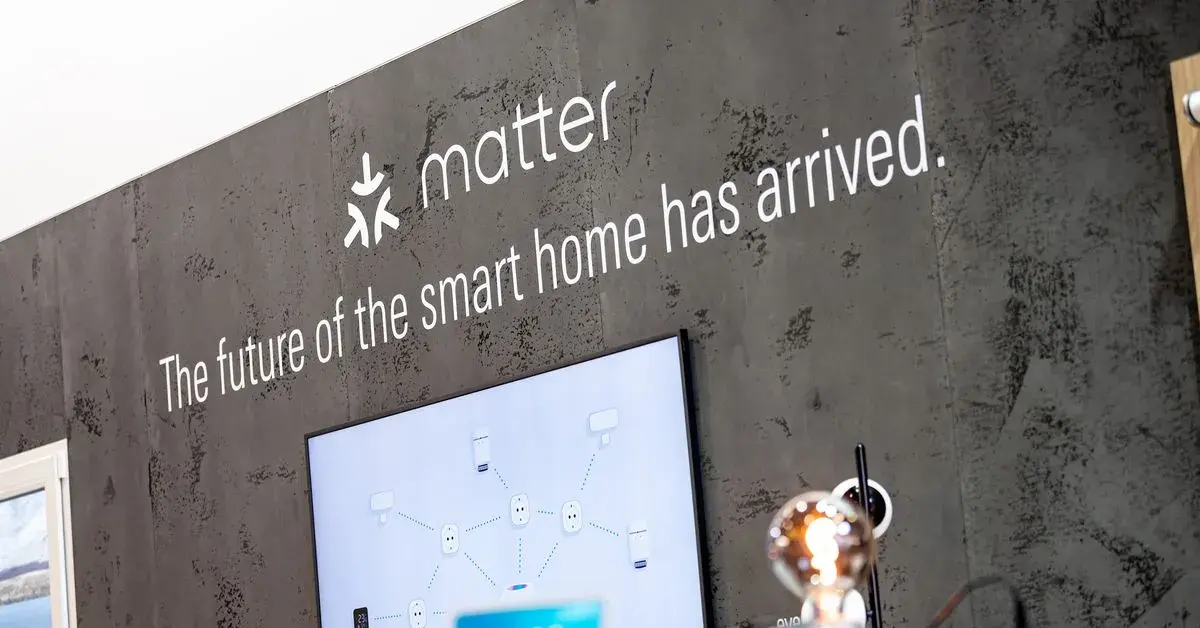- cross-posted to:
- [email protected]
- cross-posted to:
- [email protected]
The article discusses expectations for smart home announcements at the upcoming IFA tech show in Berlin. While companies may unveil new smart speakers, cameras and robot vacuums, the smart home remains fragmented as the Matter interoperability standard has yet to fully deliver on integrating devices. The author argues the industry needs to provide more utility than novelty by allowing different smart devices to work together seamlessly. Examples mentioned include lights notifying users of doorbell activity or a robot vacuum taking on multiple household chores autonomously. Overall, the smart home needs solutions that are essential rather than just novel if consumers are to see the value beyond the initial cool factor.



I may be a bit cynical here, but to me, current smarthome systems are about two things: a) vendor lock-in, and b) holding your house hostage to push you away from one-time purchases and onto subscription services, much as is already hapening with computers/smartphones and modern cars.
From the seller’s point of view, subscription services have several huge advantages: they
can milk youhave a guaranteed revenue stream for the lifetime of the system, they can collect/sell lots of data about you, and they can ram any TOS changes down your throat which you will accept as long as you care about being able to turn on the lights in your kitchen.Interoperability is really bad for vendor lock-in, so I’m curious as to which supplier will implement it to what degree.
As for our house, it has some smart things, but none of those are connected to the internet, nor do I expect they ever will be.
For all its faults and risks, a smart home can still make your life a lot easier.